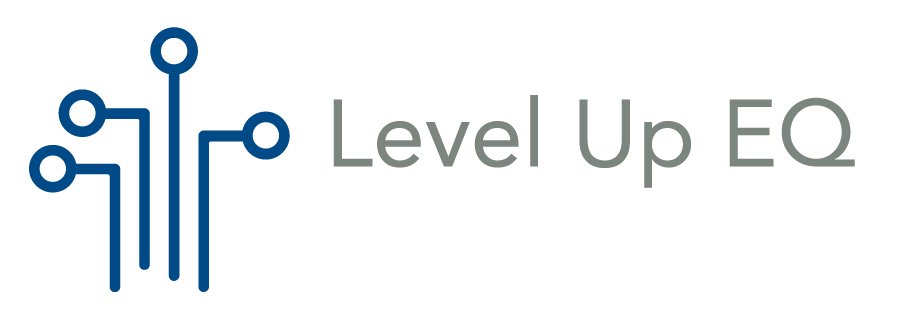Try Something New: Actional Learning with Teams!
Written by Megan Prentiss
Your team is made up of many valuable players, each of whom has learned and developed in their own unique ways over the course of their lives. Think about all of the different ways that you’ve grown and developed throughout your life - physically, emotionally, mentally, and spiritually. No two people, even though they both are on the same team in your organization, have experienced life in the same ways.
Now think about bringing a team of unique individuals with various skill sets, communication styles, and stress triggers together to work towards collective goals for your organization. It’s easier said than done, especially when teams are facing increasingly complex challenges. Suddenly, they can no longer function as only an individual, but must also continuously adapt, learn, and innovate together as a collective.
One powerful approach to aid in this shift is what is referred to as "Action Learning” - it's a structured process that empowers teams to tackle complex problems and harness the team’s collective power of reflection, action, and feedback to accomplish greater productivity and success.
For some, it means doing things they’ve never done before, because if you want things to be different, you need to try different things.
Action learning relies on each team member’s ability to break lifelong patterns, adjust rigid personality characteristics, and challenge self-limited beliefs. In a leadership context, for example, it means identifying new ways of effective communication, building and healing relationships, learning conflict management, and improving decision-making skills.
At its core, Action Learning is a simple yet profound concept. It recognizes that the best way to learn and grow is by doing, reflecting, and adapting. Here's how it works:
1. Identifying Complex Problems: Action Learning begins with a team identifying a tangible, real-world problem or challenge they want to address. This problem should be relevant to their work and offer no easy answers.
2. Taking Action: With the problem in focus, the team takes action. Each member actively participates, bringing their unique skills, expertise, and perspectives to the table. They experiment with different approaches, make decisions, and embrace the possibility of failure.
3. Reflecting on Experiences: After taking action, the team comes together for a reflective session. They share their experiences, what went well, what didn't, and why. This introspective phase encourages participants to think deeply about their actions and the outcomes.
4. Providing Feedback: One of the essential components of Action Learning is feedback. Team members provide constructive feedback to each other, helping individuals improve their problem-solving skills and leadership abilities. This feedback is non-judgmental and encourages a growth mindset.
5. Iteration and Continuous Improvement: Action Learning is not a one-off event. It's an iterative process where teams cycle through these steps multiple times, honing their problem-solving capabilities and learning from each experience.
Bearing all of this in mind, it also takes the habit of bravery to face our fears given the uncertainty and complexity of challenges on our path. This is often what most stubbornly gets in the way of learning what we want to learn – or unlearn in our life. That’s why self-reflection, counseling and coaching to build self-observation skills can be so helpful in developing our ways of thinking or behaving that might not quite be working.
The bottom line is that our action learning experiments focus on doing new things. We must dare ourselves to show up in different ways and try what we’ve never done before!
Action Learning is not just a theoretical concept; it's a dynamic and effective method for team development and problem-solving. By focusing on real-world challenges and learning from experience, teams can elevate their problem-solving abilities, improve communication, and drive tangible results. In a world where adaptability and innovation are key to success, Action Learning empowers teams to thrive and excel. So, if you're looking for a powerful approach to boost your team's growth and problem-solving skills, consider embracing the action-oriented, reflective, and feedback-driven world of Action Learning.

